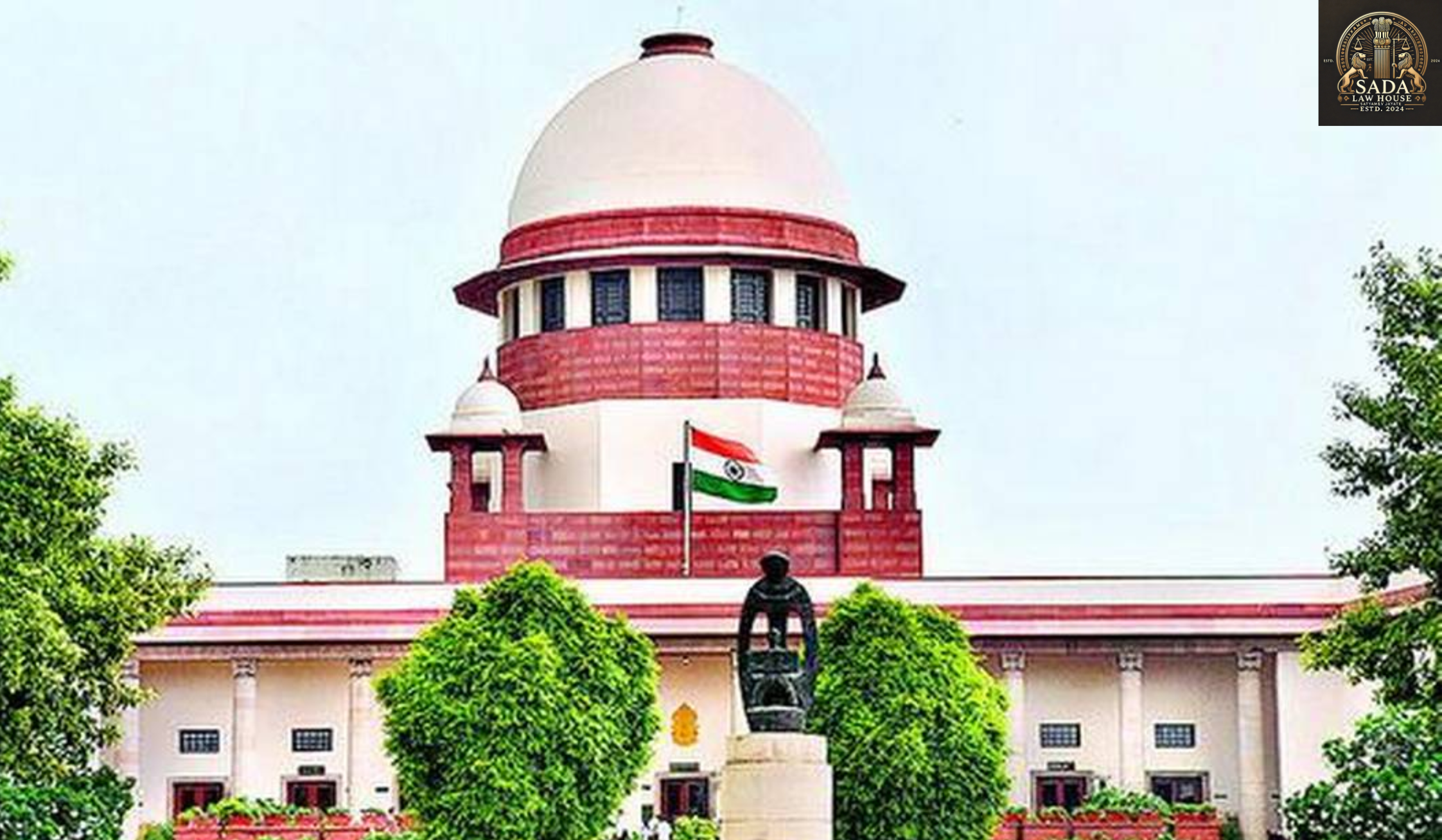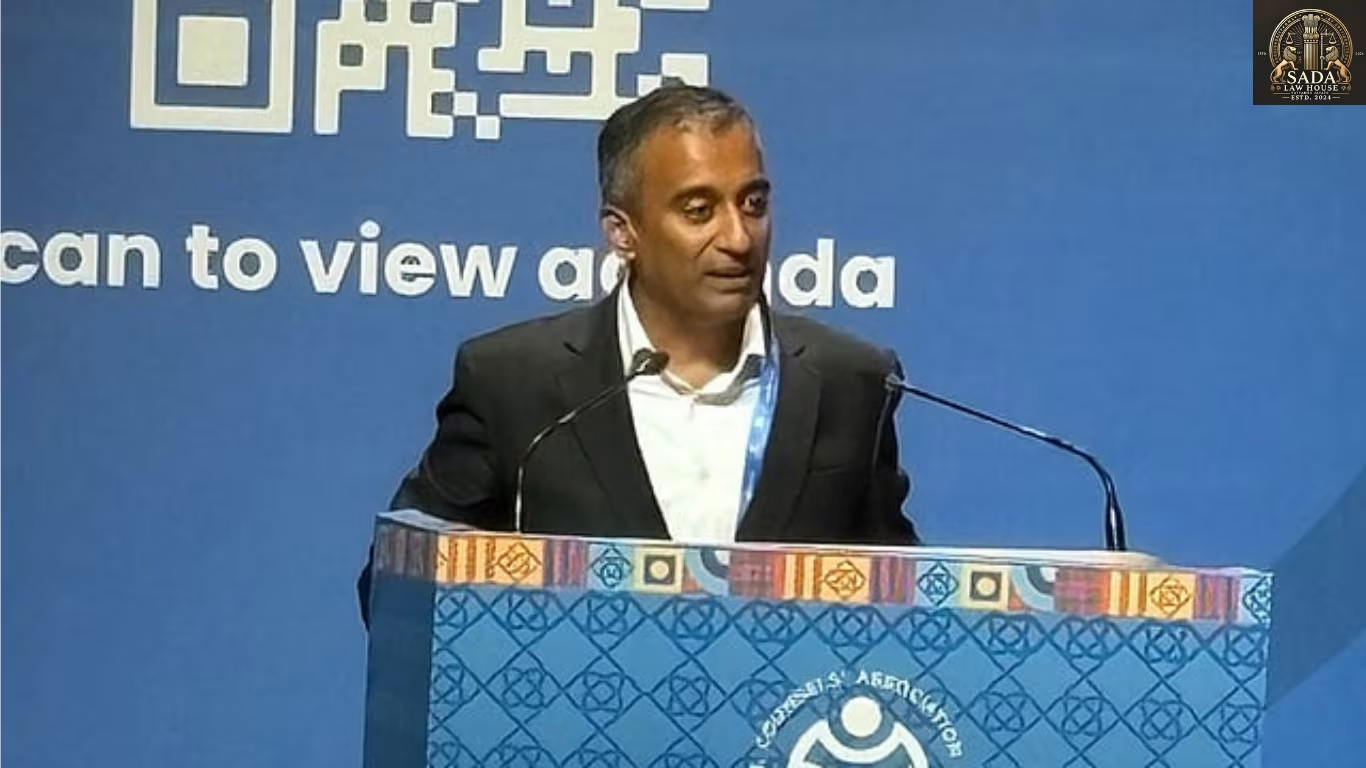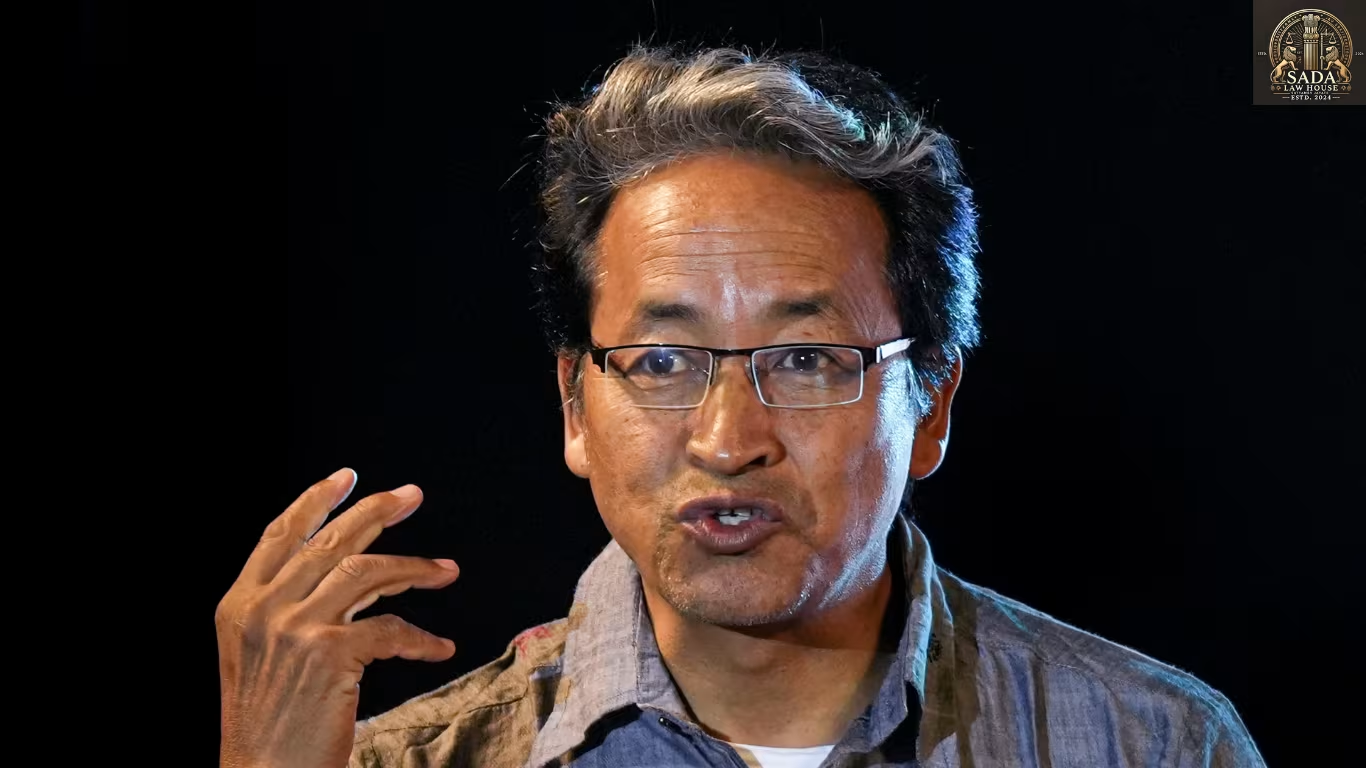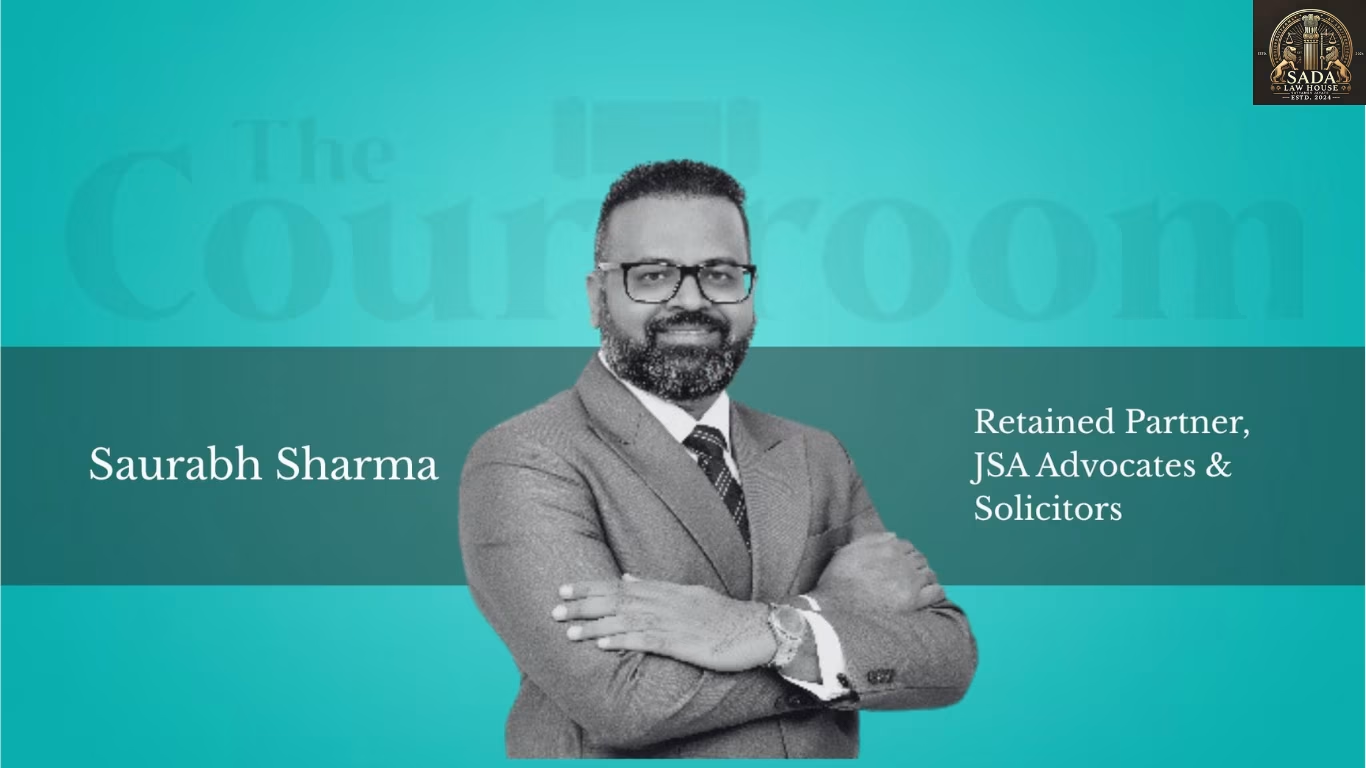Supreme Court Calls for Paralegal Volunteers to Assist Voters in Bihar SIR Exercise
- Kashak Agarwala
- 01 SEPTEMBER 2025

The Supreme Court has directed the Bihar State Legal Services Authority to deploy paralegal volunteers (PLVs) to help voters and political parties file claims, objections, and corrections in the Special Intensive Revision (SIR) of electoral rolls, while refusing to extend the September 1 deadline.
Introduction
On 1 September 2025, a Supreme Court bench comprising Justices Surya Kant and Joymalya Bagchi intervened in the ongoing controversy over Bihar’s electoral roll revision. Amid petitions alleging exclusion and lack of transparency in the SIR, the Court ordered immediate deployment of PLVs to assist voters. Despite pleas from petitioners, the Court declined to extend the September 1 deadline but emphasized that post-deadline submissions would still be considered before finalization of rolls.
Background: Disputed SIR Process
The SIR has become contentious after the draft electoral roll, published on 1 August, proposed deletion of over 65 lakh names. Civil society groups and political parties challenged the process, citing procedural lapses and lack of clarity on accepted documents. Earlier hearings in August had compelled the Election Commission of India (ECI) to publish the deletion list and allow Aadhaar as valid identity proof.
Court’s Key Directions
No Deadline Extension: The Court reiterated that claims and objections filed after September 1 would still be reviewed, but avoided formally extending the timeline to prevent disruption.
Deployment of PLVs: The Bihar State Legal Services Authority was tasked with deploying PLVs immediately to guide voters in online submissions and report confidentially to district judges.
Aadhaar as Identity Proof: The Bench stressed that Aadhaar must be recognized under Section 9 of the Aadhaar Act for voter verification, reaffirming earlier orders.
Petitioners’ Concerns
Transparency Issues: Advocate Prashant Bhushan (ADR) alleged that many forms were not filled by voters themselves and criticized the lack of clarity on accepted documents.
Flood Impact: Petitioners sought an extension citing floods in Bihar that disrupted submissions.
Form Restrictions: Advocate Nizam Pasha argued the ECI was improperly insisting on Form 6 alone, limiting scope for objections.
Party Records: RJD’s counsel disputed the ECI’s claims of minimal objections, but the Court noted discrepancies in the party’s own records.
ECI’s Response
Senior Advocate Rakesh Dwivedi, appearing for the ECI, countered that:
99.5% of Bihar’s 7.24 crore voters had already submitted documents.
Claims and objections could still be filed beyond September 1 but would be considered during nominations.
Extending the timeline would risk making the SIR process “unending.”
Allegations of form discrepancies were “misleading,” as fresh forms were being circulated weekly to parties.
Analysis
Inclusivity vs. Efficiency
The Court’s refusal to extend deadlines highlights tension between maintaining schedules and ensuring voter inclusiveness.Institutional Transparency
Persistent disputes over forms and record discrepancies underscore concerns about transparency in electoral processes.Judicial Oversight
The Court’s reliance on PLVs and confidential reporting indicates a proactive role in safeguarding voter rights where administrative trust is low.
Repercussions
For Voters: PLVs may provide critical support for those lacking access or digital literacy, especially flood-affected communities.
For Political Parties: Parties are likely to intensify scrutiny of deletions and procedural irregularities.
For the ECI: The institution faces growing pressure to demonstrate transparency and accountability in its processes.
Conclusion
By ordering the deployment of paralegal volunteers while refusing to extend deadlines, the Supreme Court has attempted to strike a balance between procedural discipline and democratic inclusivity. With 65 lakh names under dispute and political tensions mounting, the Court’s September 8 review will be pivotal in determining whether these measures restore confidence in Bihar’s SIR exercise or further fuel controversy.






